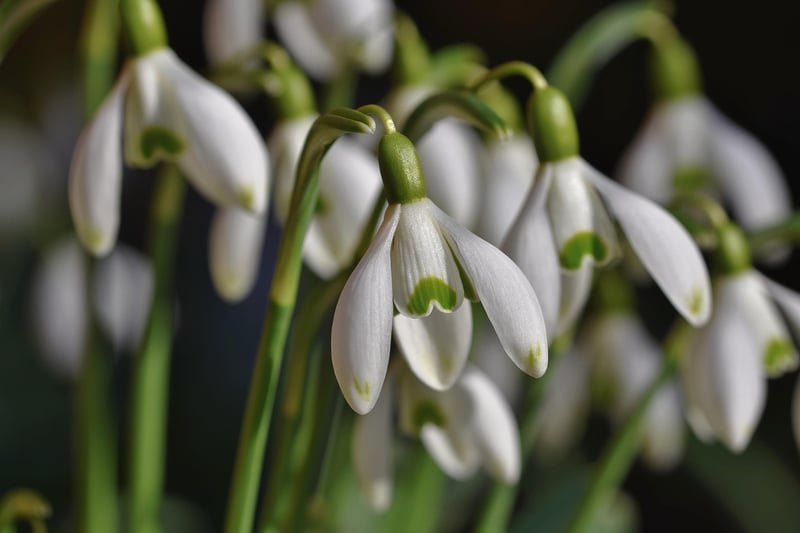Seasonal Gardening

Tips for Healthy Plants and Seasonal Gardening
Introduction
Welcome to our guide on keeping your plants healthy year-round through seasonal gardening practices. Whether you are a seasoned gardener or just starting out, these tips will help you maintain a thriving garden throughout the changing seasons.
1. Proper Watering
Water is essential for plant growth, but overwatering can be just as harmful as underwatering. Make sure to water your plants according to their specific needs. Consider using a drip irrigation system for more efficient watering.
2. Adequate Sunlight
Most plants require sunlight to photosynthesize and grow. Be mindful of the sunlight requirements of each plant in your garden and position them accordingly. In the summer, provide shade for plants that are sensitive to intense sunlight.
3. Nutrient-Rich Soil
Healthy soil is the foundation of a thriving garden. Regularly test your soil and amend it with organic matter such as compost or manure to ensure it is nutrient-rich. Consider using mulch to retain moisture and suppress weeds.
4. Pruning and Deadheading
Pruning and deadheading help promote plant growth and flowering. Remove dead or diseased branches, as well as spent flowers, to redirect energy towards healthy growth. Prune plants according to their specific needs and growth habits.
5. Seasonal Planting
Planting according to the seasons can help maximize growth and yield. In the spring, focus on planting cool-season crops like lettuce and peas. Summer is ideal for warm-season crops such as tomatoes and peppers. Fall is great for planting bulbs and preparing for winter.
6. Pest and Disease Management
Keep an eye out for common garden pests and diseases. Practice good garden hygiene, such as removing debris and weeds, to prevent infestations. Consider using natural remedies or organic pesticides to control pests while minimizing harm to beneficial insects.
7. Mulching
Mulching has numerous benefits, including conserving moisture, regulating soil temperature, and suppressing weeds. Apply a layer of mulch around your plants to improve soil health and reduce maintenance requirements.
Conclusion
By following these tips for healthy plants and seasonal gardening, you can create a vibrant and productive garden that thrives throughout the year. Remember to observe your plants closely, adjust your care routine as needed, and enjoy the beauty of a well-tended garden.
Images source: Gardening Image, Flowers Image